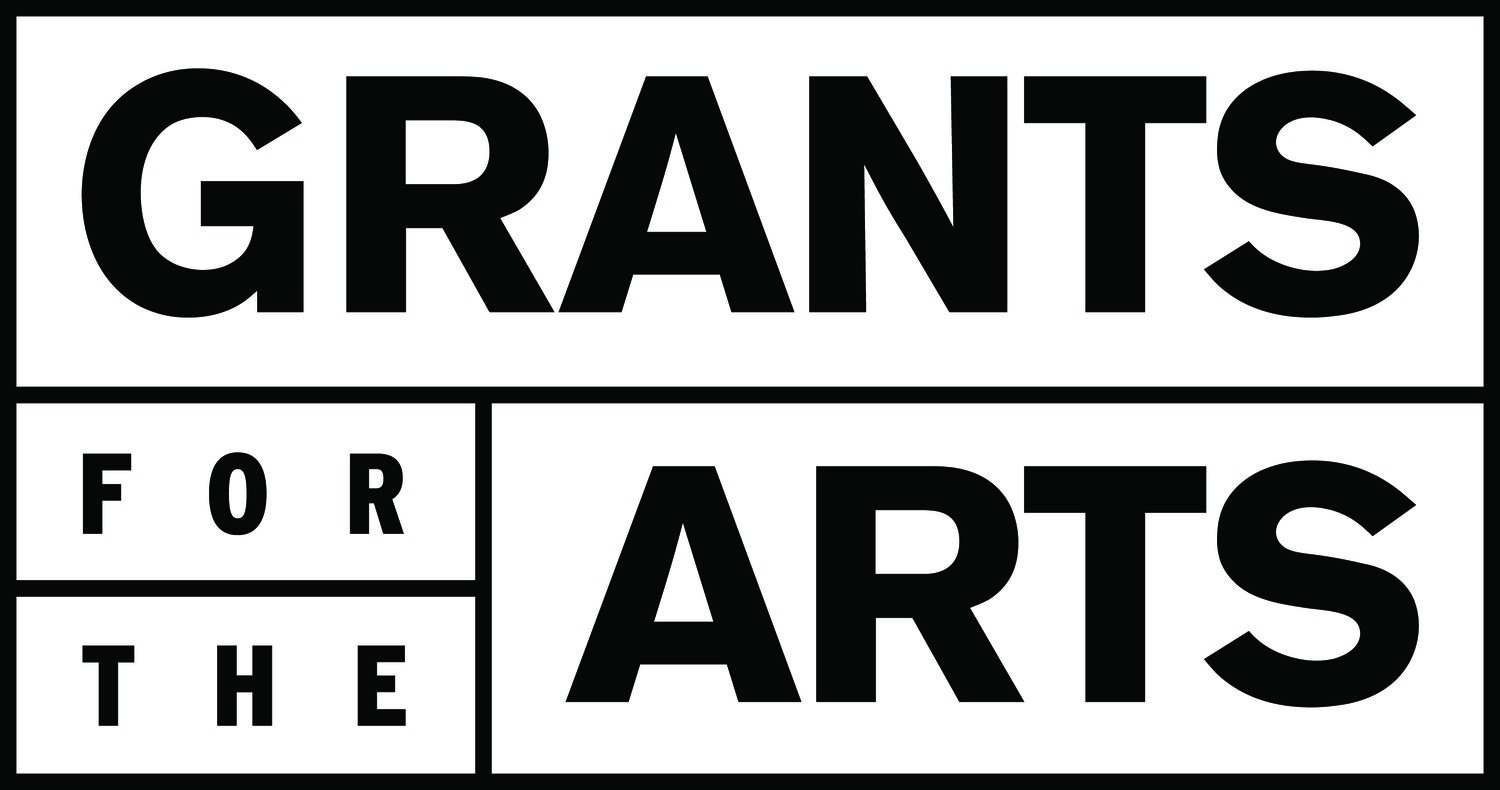Los Olvidados, Guatemala
Harvey Castro
On November 5th, 2020, a landslide triggered by six days and nights of constant rain brought on by Hurricane Eta buried the village of Queja in San Cristobal Verapaz, Guatemala, along with an estimated 58 people. Within a few days, the municipality's mayor, Ovidio Choc Pop, declared the area a "campo santo," an uninhabitable graveyard ending all rescue efforts and recovering only eight bodies.
Guatemala's poor infrastructure significantly impacts the highlands, home to farming and indigenous communities. When natural disasters occur, they destroy houses and roads and uproot the crops that provide food and income for these communities. Those left with nothing often migrate North to the US, chasing "The American Dream,” further risking their lives. The US does not have a policy recognizing climate refugees, making their situation even more precarious.
The 2020 hurricanes, Eta and Iota, had the most impact on Central America, affecting approximately 7.5 million people and forcing Nicaragua, Honduras, and Guatemala to declare states of emergency. I saw parallels to my experience documenting the stories of families recovering from the aftermath of Hurricanes Irma and Maria in Puerto Rico nine months after landfall in June 2018. According to the Center for Puerto Rican Studies, 135,000 people relocated to the states within six months post-Maria.
These stories are a powerful reminder of marginalized communities' ongoing struggle in the wake of natural disasters. Their plight highlights how a lack of equity and representation leaves them without effective agency, struggling to survive and rebuild. It is essential to remember that natural disasters have a lasting impact, and we must provide support to ensure that communities can recover and thrive.
ABOUT THE ARTIST
Harvey Castro
Harvey Castro is a documentary photographer and multidisciplinary artist who employs a variety of mediums, including still and moving images and audio recordings, to delve into the complex relationship between climate change, immigration, identity, and inclusion.
His work is deeply personal, drawing inspiration from his experiences as an immigrant and person of color, distinguished by its authenticity and genuine connection with the people he photographs. Castro captures candid, intimate moments that reveal the emotions, thoughts, and feelings of those he photographs, depicting their struggles with adversity and exclusion and moments of joy and camaraderie within their communities.
Based in Oakland, California, Castro continues to use his art to advocate for social change and raise awareness of critical contemporary issues.
Website: www.harveycastro.co
Instagram: @harveycastro.co




